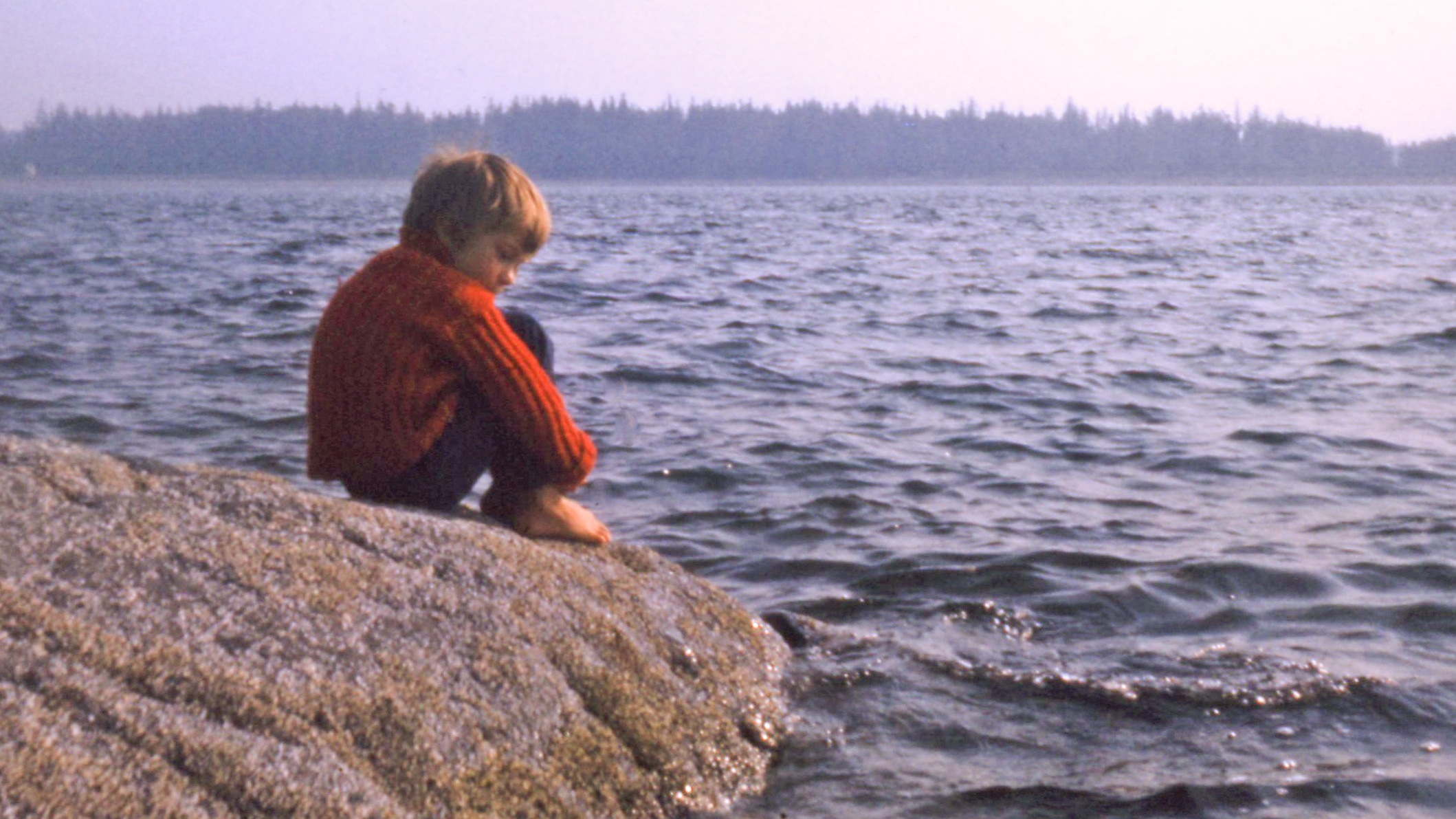Trevor Corson began an unpromising writing career at the age of nine: his first book was an illustrated novel bound with cardboard and yarn that told of a belly-button cleaning robot gone berserk. Since then Trevor has become the author of two actually published and somewhat more respectable books, and his articles and essays—on subjects as diverse as food, nature, science, medicine, faith, politics, race, and war—have appeared in The New York Times, The Wall Street Journal, The Los Angeles Times, The Boston Globe, The Atlantic, Men's Health, The Nation, The American Prospect, Boston Magazine, Gastronomica, Transition, Brave New Europe, and other publications. His writing has been anthologized in The Best American Science Writing edited by Oliver Sacks and has received commendation in Best American Essays. Trevor also served as the managing editor of the literary magazine Transition, published out of the W.E.B. DuBois Institute at Harvard University, during the years the journal was a three-time winner of the Alternative Press Award for International Reporting and was nominated for a National Magazine Award in General Excellence. Currently Trevor works with doctoral researchers and senior scientists at the University of Helsinki and Helsinki University Hospital on research and writing projects related to scientific narrative, science communication, and the philosophy of science.
Trevor's two books are written in the genre of narrative immersion journalism, and explore how scientific knowledge, folk culture, foodways, and natural ecosystems interact. His first book was the worldwide popular-science bestseller The Secret Life of Lobsters: How Fishermen and Scientists Are Unraveling the Mysteries of Our Favorite Crustacean. To research the book he worked for two years as a year-round commercial fisherman while living on a small island off the coast of Maine, then spent another year investigating the biological and ecological scientific literature on the crustacean. To research his second book, the award-winning The Story of Sushi: An Unlikely Saga of Raw Fish and Rice, he accompanied a group of young chefs of diverse backgrounds through a grueling kitchen apprenticeship in Los Angeles, while also investigating the cultural and natural history of sushi ingredients.
Trevor has lectured widely around the United States and discussed his work on many major radio, television, and podcast programs. He has taught writing, science and medical journalism, narrative journalism, science communication, American studies, human sexuality, and other subjects at Columbia University in New York City, Boston University, the University of Helsinki, and other institutions, and has developed curricula in these subject areas. As a teacher and workshop leader he has worked with high-level researchers, mid-career professionals, graduate students, military veterans, undergraduates, and high-school students. He has resided in New York City, Boston, Washington D.C., Los Angeles, Beijing, Tokyo, and now Helsinki, where he is the founder and director of NeuWrite Nordic, a branch supported by the Kone Foundation of the international collaborative science-writing workshop NeuWrite, established by the chair of biological sciences and the graduate writing program at Columbia University. Trevor is married to the Finnish writer Anu Partanen.

